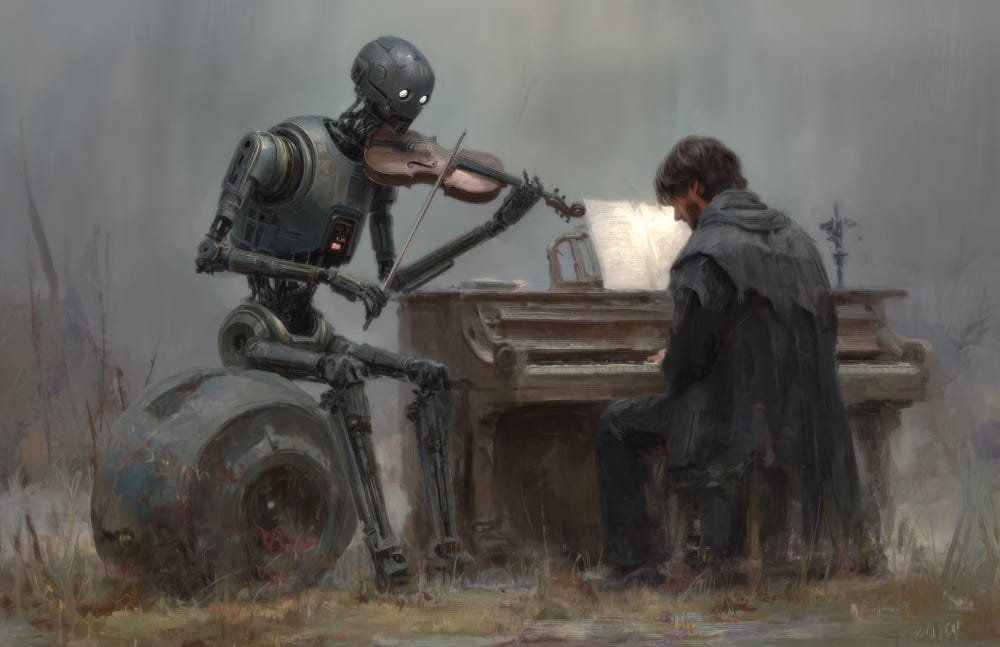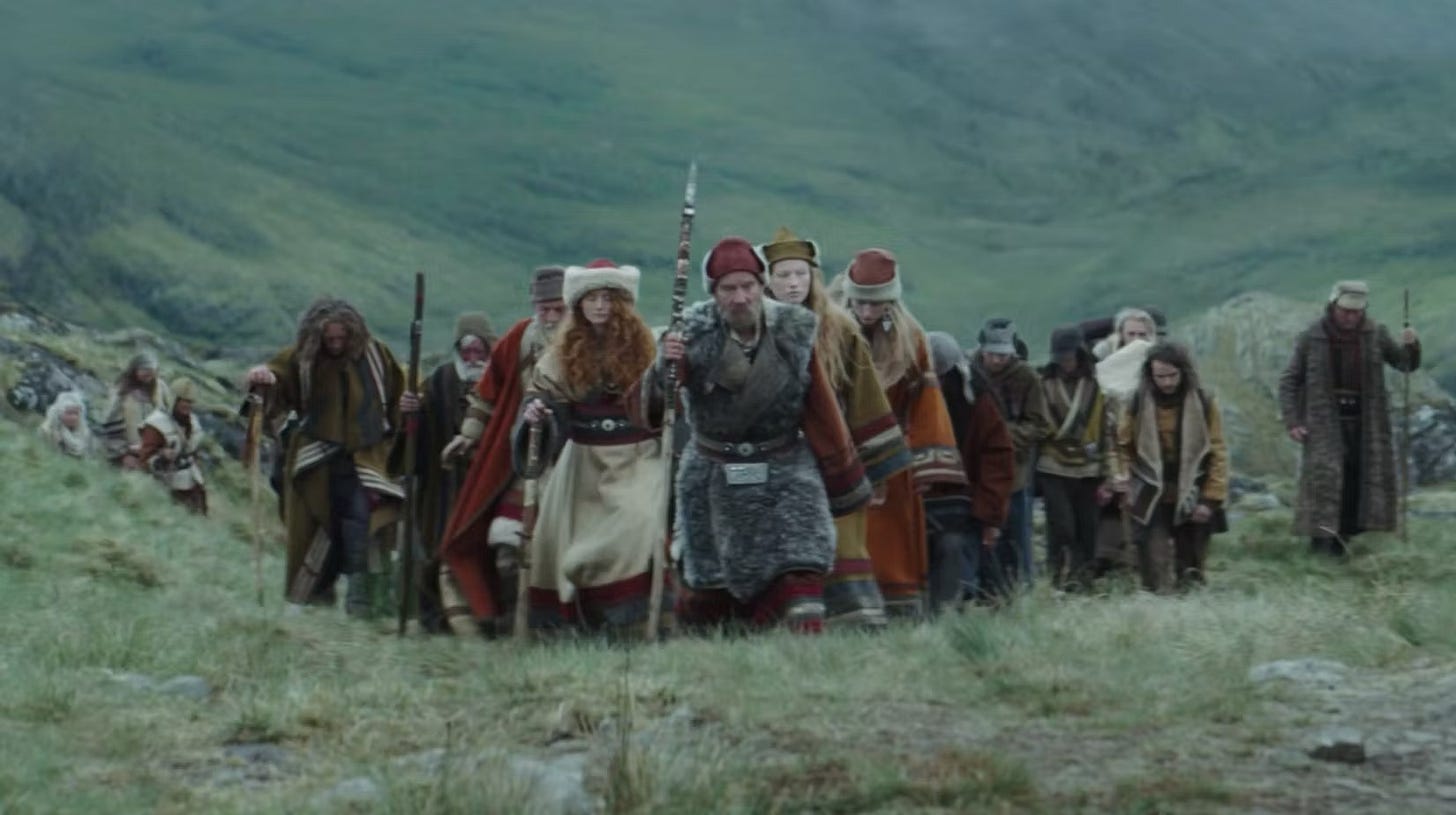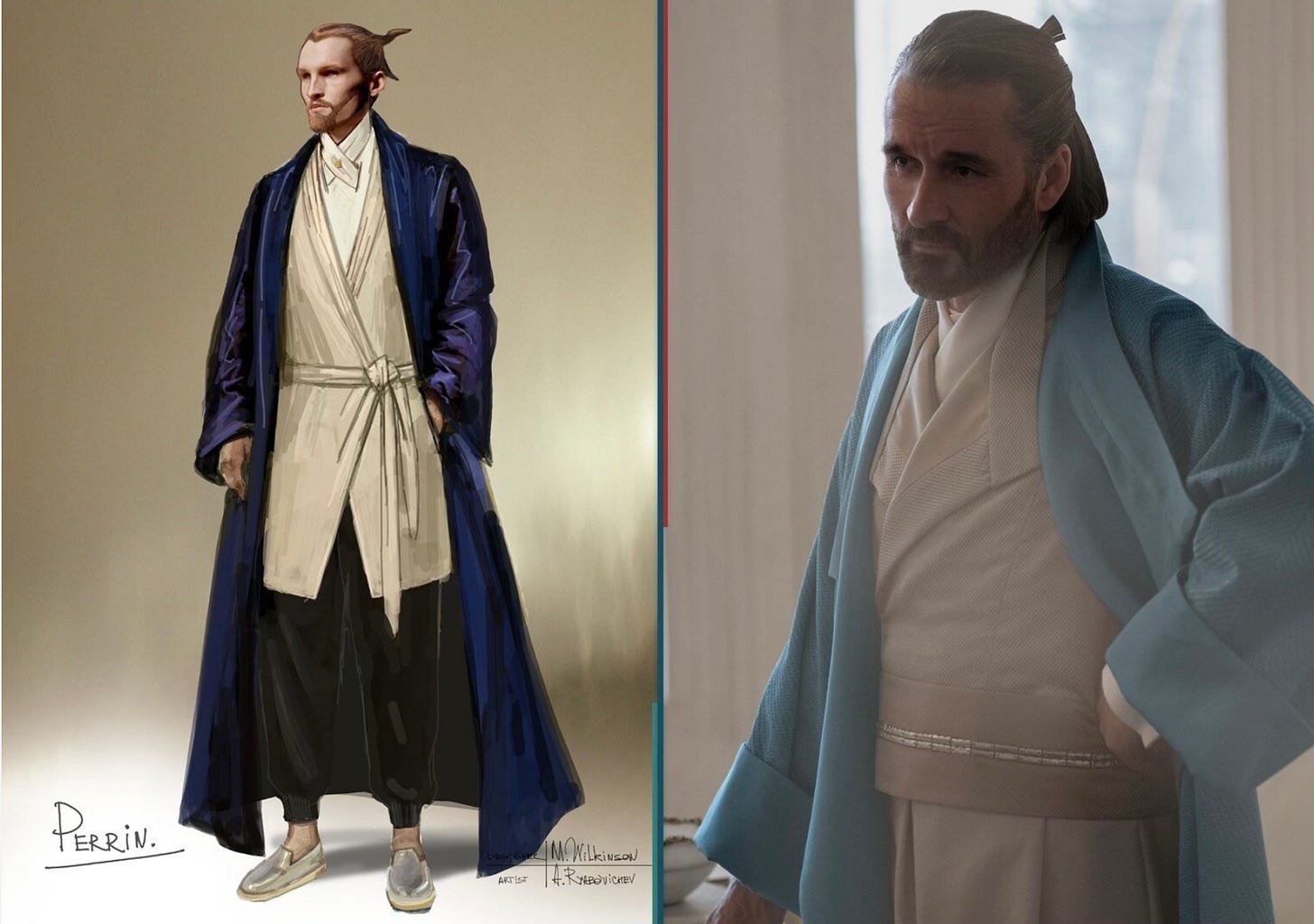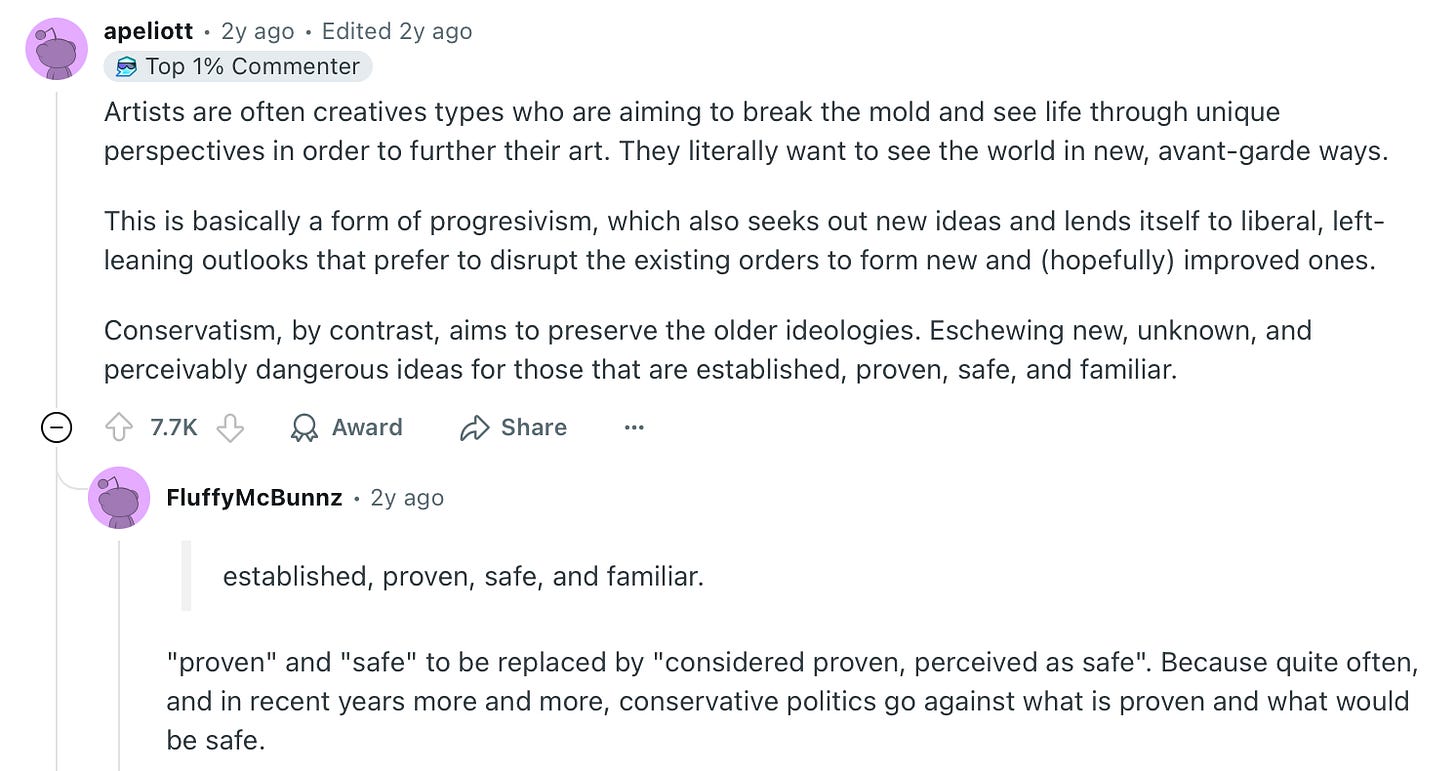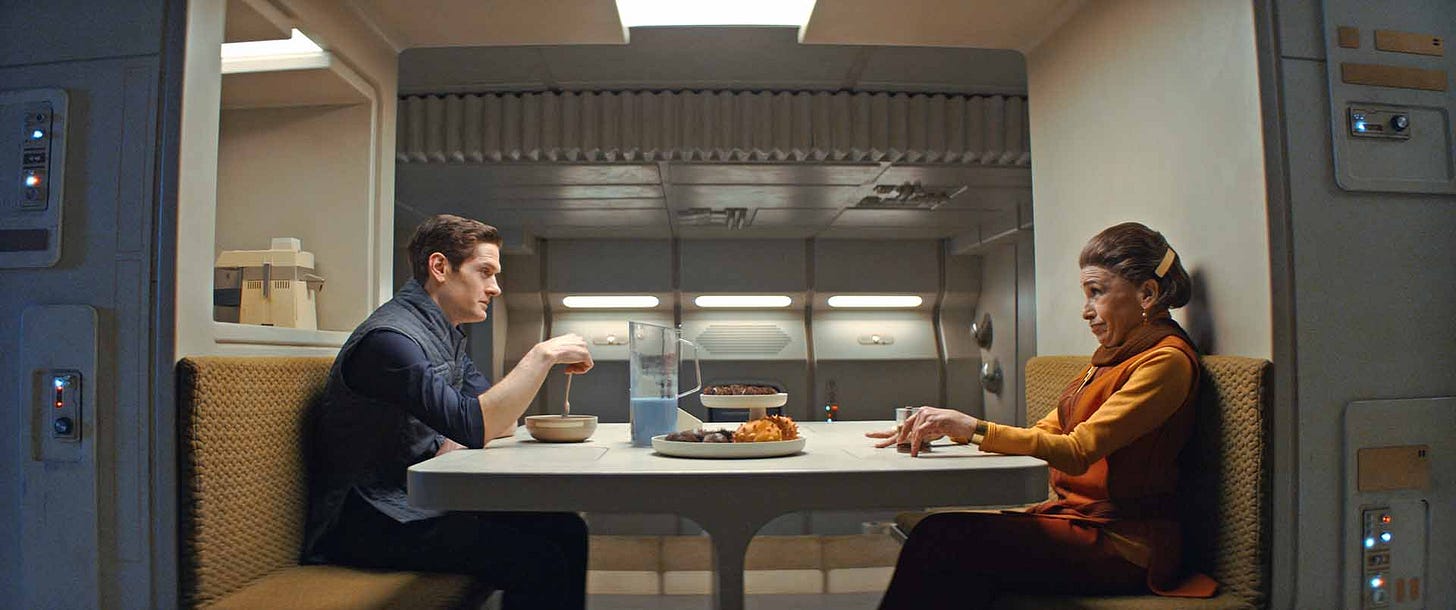[yes there are spoilers…]
I finally finished watching Andor last week. It’s easy to see what all the fuss was about: the prequel-to-a-prequel won over both critics and wary Star Wars fans. Showrunner Tony Gilroy’s fascination with the “little people” in the galaxy far, far away yields stories that are brutal and unrelenting, and his immersive world-building pairs sumptuous costuming with real-world locations. Digital effects create stunning worlds episode after episode.

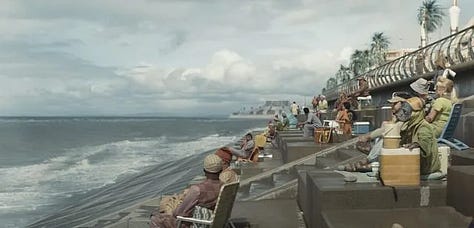
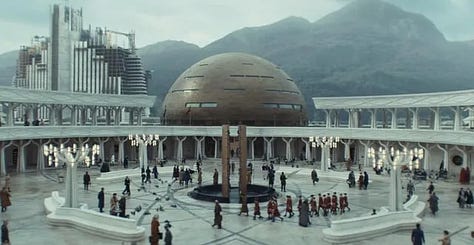
Gilroy’s aim was to tell a story about how the fully-formed Rebellion of George Lucas’ originals was built from small victories against the might of the Empire. The decisive blow would come after many sacrifices made by a multitude of ordinary people who took up the challenge to throw off tyranny. Their stories are brought to life by a great cast and dialogue deemed worthy of entry into the Star Wars canon.
So, to catch you up if you’ve not been following along: Andor is set a few years before Luke Skywalker famously maneuvered down the Death Star’s ventilator shaft to deliver the lethal blow. It tells the backstory of Cassian Andor, the man who helped steal the Death Star plans that revealed its fatal flaw—events first told in 2016’s Rogue One. The series traces Andor’s journey from a purposeless mischief-maker to a committed operative in the nascent Rebellion.
Many commentators have hailed Andor as a triumph of “left-wing storytelling”. One Guardian columnist found parallels between Andor and the Gaza conflict. Others found immigration narratives, noting how Andor’s friends are “undocumented farm workers” in one episode. Redditors thought the dehumanizing high-tech prison where the inmates unknowingly make parts for the machinery of war was similar to using modern prisoners to make uniforms for the U.S. military. The Huffington Post declared that the show has “Eerie Real-Life Parallels To Trump’s Presidency” and has inspired a #Resistance.
So is it a “left wing show”?
Plenty of bloggers say Andor’s Empire is clearly comprised of space Nazis. The Emperor—or perhaps Orson Krennic, the man in charge of the Death Star program—is a dead ringer for Trump. In that take, the evil and controlling ISB is cast as the Republican Party, or some manifestation of MAGA. Online commenters assumed that Trump supporters would surely wilt under such a blistering critique of their political party, showing them to be the authoritarian, patriarchal colonizers their critics believe them to be.
Granting, for the sake of argument, that fascism is a well-defined ideology (I don’t think it is), that it sits neatly opposite communism on the political spectrum (I’m not convinced), and that it can be faithfully replicated outside the unique tumult of the 20th century (historians still fight over that one), I’ll concede that Andor borrows some European fascist aesthetics. Nazis surely did a disservice to the arts with crappy poetry and centralized paranoia over what was and was not artistic. Andor’s ISB certainly has that tinge. The belts, hats, and jodhpurs of the ISB uniforms, along with the cold, impersonal architecture, certainly nod to the Third Reich. Meanwhile, the rebels on Ghorman are dressed straight out of the French Resistance playbook—berets, trench coats, and even a faux-French dialect to match.
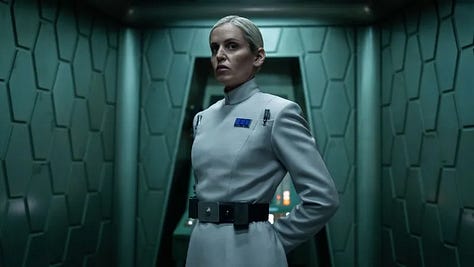

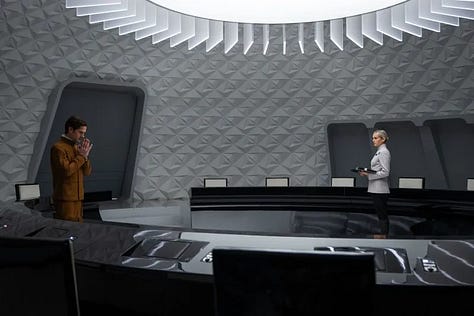
But the similarities are only surface-deep. Those who insist Andor is simply a critique of fascism (or a warning about Trump) miss a bigger theme: the Empire is a managerial surveillance machine. Conservatives who value small government and personal freedom would probably end up on the Empire’s bad side, if we’re being honest, since every major antagonist in Andor is a career bureaucrat. Its technocratic soullessness could just as easily map onto communism, modern China, or—more uncomfortably—increasingly low-trust Western liberal democracies drifting toward soft totalitarianism. I’ll even take a line from the main protagonist, Luthen Rael, to illustrate: “The Empire has been choking us so slowly, we're starting not to notice.” You can fill in the blank about which regime that applies to. Suffice it to say, fascism isn’t the only way to do tyranny, which is something modern progressives seem to forget.
Anyway, Gilroy insists he didn’t write Andor as political didacticism. He wanted to make it harder to pin on one moment in time, instead drawing from many historical sources and it shows. He’s made a fine piece of TV and it should age well, given the craftsmanship, and the way it provokes reflection on the human experience. “You could drop this show at any point in the last 6,000 years,” he once said, “and it would make sense to some people about what’s happening to them.” I suspect that’s not just a liberal feint. During a slightly awkward interview with New York Times columnist Ross Douthat, Gilroy batted away the notion that the show had a partisan mission. When Douthat pressed the “so, it’s left-wing” angle, Gilroy lobbed back the rhetorical grenade: “Do you identify with the Empire?”
But back to the question..
Gilroy said his real aim was to write “fascinating” characters, but then—perhaps without realizing the irony—he explained why he thinks Andor is, in a sense, left-wing: because liberal artists make better art. Why? According to him, the actor or writer with a “more generous and progressive point of view” will be more empathetic, and empathy is how one “inhabits” a character to write it well. Hollywood seems thoroughly convinced of this; Jane Fonda said something similar last year at an awards ceremony. It’s a neat, flattering loop: the more progressive you are, the better your art will be; the better your art, the more progressives are shown to be the ones capable of real humanity.
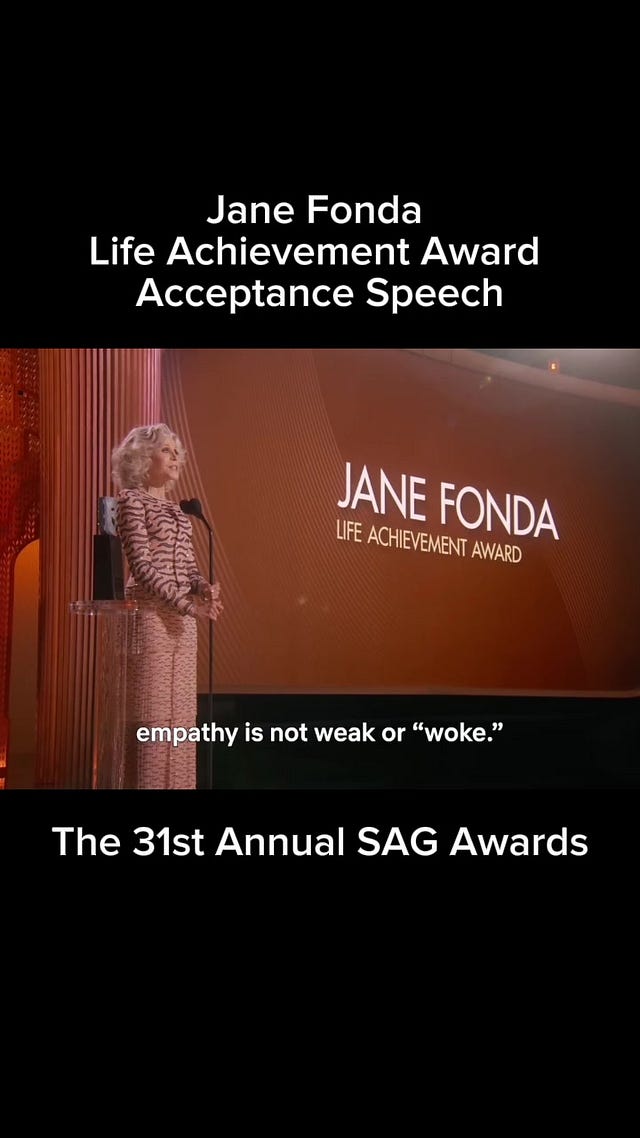
 Tiktok failed to load.
Tiktok failed to load.Enable 3rd party cookies or use another browser
But even if you could truly understand a man’s mind and heart –Jeremiah might dispute that is possible– where does that leave you? Gilroy assumes good people obviously won’t agree with the Empire, but that’s wishful thinking. If he expects his audience to simply feel its way to truth through empathy, he is deceived. There is more than a little bait-and-switch in insisting that you must understand a character but never identify with him if he’s a baddie. This is the problem with making empathy the highest virtue: you risk feeling deeply without ever acting rightly.
Andor is a refreshing break from the preachiness of many modern dramas. Yes, there is an obligatory lesbian romance, cohabiting unmarried relationships and, of course, the violence. But it draws you in because it often refuses to moralize, letting us witness greed, loyalty, fear, and love and their consequences. It leaves some ends loose, some stories left untold. However, far from trusting the audience to conclude the right things using their empathy, Gilroy does make judgement calls. His nuanced Imperials—who plausibly believe they are bringing order and prosperity–get their comeuppance. The heroes, though compromised by their zeal to end tyranny, are vindicated, even though not all find happy endings. This is closer to Tolkien or Dostoyevsky’s conservative imagination than progressive fans may admit.
That gap between Gilroy’s stated MO and the story he actually tells is clearest in the manifesto of a young rebel named Nemik. Bluesky progressives were sharing it online like scripture:
“Freedom is a pure idea. It occurs spontaneously and without instruction. The Imperial need for control is so desperate because it is so unnatural. Tyranny requires constant effort. It breaks, it leaks. Authority is brittle. Oppression is the mask of fear.”
It sounds stirring, but Andor’s reality says otherwise. Freedom doesn’t erupt on its own; Nemik dies fighting for it. Tyranny and control aren’t some alien force—they’re baked into the fallen human nature which is evident, episode after episode. And authority isn’t unnatural; even the righteous Rebellion relies on honor and deference, order and chains of command to push back evil. There’s the codeswitching: Nemik talks like a progressive, but his actions—and the story itself—reveal that he’s working from an older truth. Nemik’s optimism echoes Rousseau’s assertion that man is “born free,” yet Andor’s world is far closer to the wisdom Augustine discovered that everywhere, men are in bondage to sin.
I’m not saying progressive artists are insincere when they claim empathy drives great art. But Andor’s success isn’t built on empathy alone. Is it compelling because we relate to the characters and feel what they feel—or because they’re fighting to restore what we know is good, true, and beautiful? A story that aims only to elicit empathy, no matter how technically brilliant, won’t satisfy for long—least of all when the plot revolves around a cosmic struggle between good and evil. In the end, people don’t just want to feel; we want to know if those feelings mattered. Empathy can help us understand behavior, but it can’t justify anything.
That’s an underlying problem for modern art more generally. The Left, which dominates most creative industries, often treats empathy and novelty as its highest virtues: break the mold, make people feel deeply, and you’ve done something worthwhile. Conservatives, meanwhile, get cast as yokels—too unfeeling or preoccupied with outdated ideas to create anything fresh. The morality is seen as stale and constricting, the worldview too quaint and familiar to jolt anyone into change.
To be fair, the criticism does have some bite as Spencer Klavan observes: conservatives can be too easily content with schlock. But while conservatives may struggle from not caring enough about excellence in art, the Left’s art scene suffers from caring too much. It worships emotion with no higher standard of truth, no gods beyond government, no religion but loyalty to The Current Thing. The result? Art that’s loud but often hollow. Historian Steven Mintz has noticed the weakness in a lot of modern works:
“We live in an era of overtly political art…And yet, much of this art feels forgettable. It rarely moves us. It rarely lingers. It rarely asks more of us than to agree.”
And that’s why calling Andor “left-wing art” is a superficial assessment. It works not because it preaches progressive politics but because it taps into universal truths: the struggle against evil, the need for sacrifice, the pull of loyalty, home, and memory. Gilroy may frame himself as a skeptic, but his story leans on virtues progressives often dismiss: honor, hierarchy, tradition, the sacred. Even the Empire is treated seriously as a vision of false order that must be answered with true order. Strip those virtues away, and Andor would be just another weightless piece of political content.
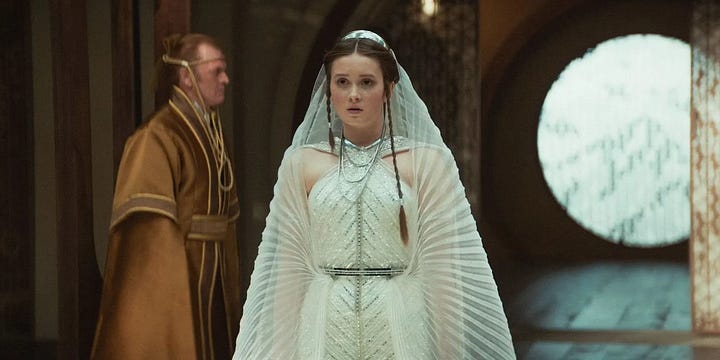
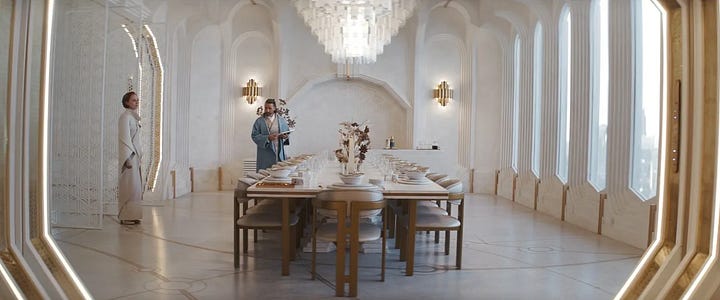
Here’s a final difference between how each side of politics perceives art that I think is worth considering: liberals often put too much stake in art as a vehicle of change, while conservatives tend to overlook its transformative power. Once, the church and the wealthy were the gatekeepers of art. But played as a long game and brought to the masses through TV and the internet, progressives used creativity to install their values so thoroughly into our cultural landscape, we barely notice unless we look backwards.
Conservatives often make art with eternity in view—passing down traditions, amplifying beauty, or teaching moral lessons. Progressives, by contrast, increasingly wield creativity as a weapon for the here and now. Art becomes a high-stakes game, because power and justice are always on the line; every creative effort must also be a form of activism. That contrast shapes the kind of stories each side tells.
Luthen Rael, the series’ tortured anti-hero, shows what happens when ideals are severed from any transcendent anchor. In one of his great monologues, he speaks of his struggle against the Empire:
I yearned to be a savior against injustice without contemplating the cost and by the time I looked down there was no longer any ground beneath my feet. What is my sacrifice? I’m condemned to use the tools of my enemy to defeat them.
I burn my decency for someone else’s future. I burn my life to make a sunrise that I know I’ll never see. And the ego that started this fight will never have a mirror or an audience or the light of gratitude. So what do I sacrifice? Everything!
It’s moving, but also tragic. Luthen sacrifices endlessly without hope of redemption. His conscience is broken, his methods indistinguishable from the Empire’s, his ego consumed by the fight. In the end, all he has left is melodrama—a sunrise that may never come. He pours out his life never knowing if it will change anything or if he will be remembered.
That’s where much of modern art stops. Like the empathy it claims to be built on, it can diagnose tyranny, even stir sacrifice, but that’s all. And that’s where conservatives have an advantage. The left has “an entire network of industrial-strength machinery” as Klavan points out, but conservatives have the material. We have centuries of beauty, history, and faith—deep wells to draw from. The question is whether we will use them to create art that actually challenges, inspires, and endures.



